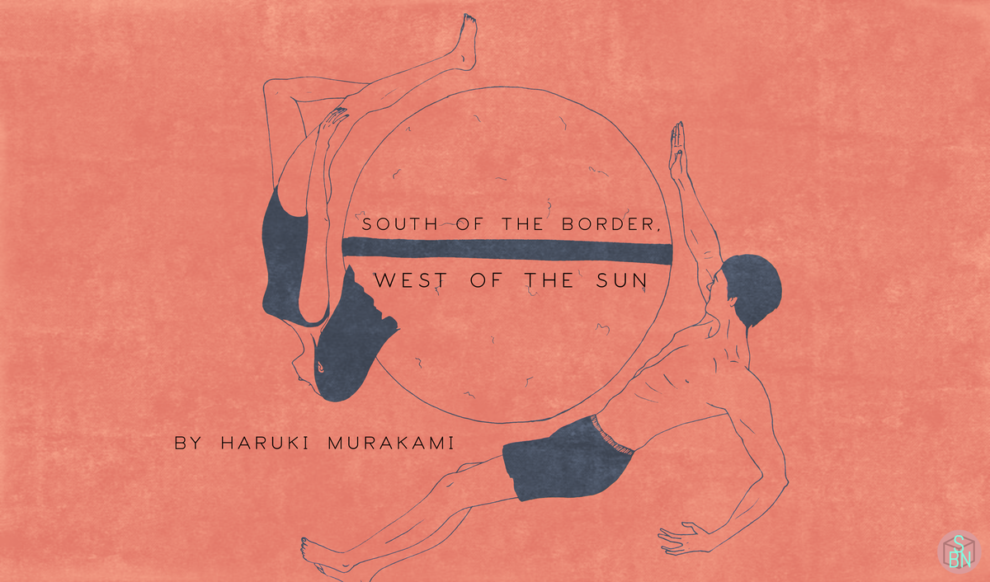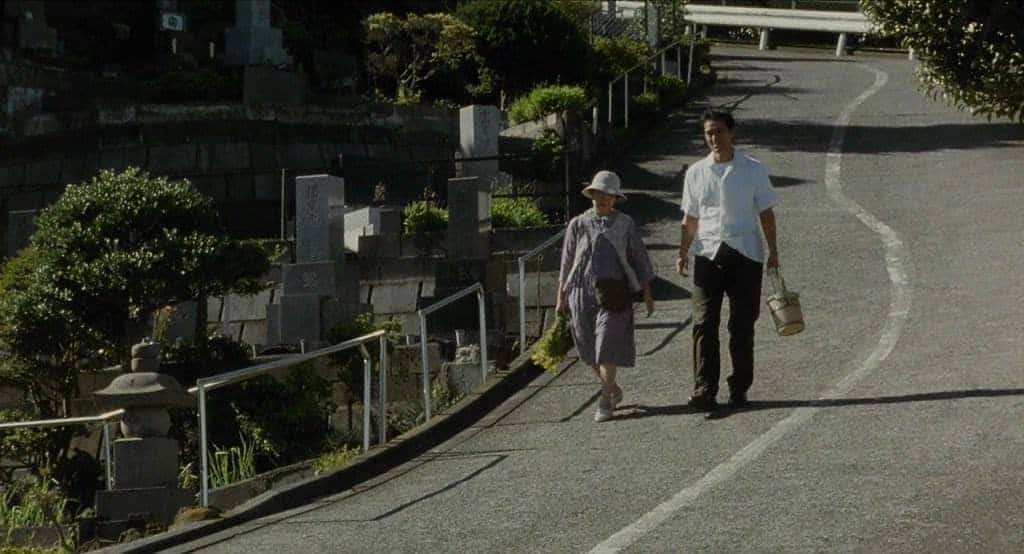Creating masterpieces out of dealing with the ordinary has always been one of the greatest traits of Haruki Murakami, and “South of the Border, West of the Sun” provides a testament of the fact, in one of his greatest works.
Buy This Title
The story follows the life of Hajime, from his boyhood in the suburbs of post-war Japan to his middle age. Starting with the concept of being an only child and how it shaped him in his school years but also later on in life, the book soon begins to revolve around the women that affected his life in equal measure. Starting with Shimamoto, also an only child who became his first love, continuing to Izumi, his high school love, and finally Yukiko, whom he ended up getting married with and having two children. At the same time, Murakami also deals with the professional life of Hajime, from his first work in a publishing house and the eternal boredom he felt, to his opening a bar and finding his purpose in life, at least on a professional level.
Murakami writes a novel that seems to present every significant detail of the life of one man, without, though, dwelling too much on any of them. The presentation of the first holding of hands, the first kiss, the first sex, the first work, dealing with one's wife, children and father-in-law, are all eloquently written as much as economical, a trait that the Japanese master seems to have forgotten on some of his most recent works. This trait becomes even more evident, since, through the life of Hajime, the author manages to make a plethora of comments regarding all aspects of life, within the just 187 pages of the novel (Vintage Editions).
In that regard, the concept of the only child and the ways they tend to be spoiled, individualistic and enjoying solitary most of all is just one of the notions presented in the book. The way coincidence, but also small decisions can shape the lives of both the people who make them and the ones around them emerges as one of the focal points. The same applies to love, which in this case, is presented as an obsessive, self-destructive and occasionally self-centered sentiment, somewhat connected with the only-child concept, but also as a feeling that can bring immense joy to anyone who manages to experience it.
A rather significant part of the story focuses on the ways Hajime runs his bar, with Murakami's experience in the field being rather obvious, since he ran a jazz cafe-bar with his wife, from 1974 to 1981. “Dress as you would like your customers to dress”, the importance of making changes to the decoration, menu and overall atmosphere at the right time, the way the employees and particularly the more important ones should be treated, could easily be part of a professional manual, but in the hands of Murakami emerge as great literature. In one of his most interesting comments, deriving from the aforementioned, Murakami refers to the concept of talent, and how it should be rewarded and essentially, nurtured.

Lastly, the book refers to memory and senses, and the ways they can shape the personal reality of every individual. Murakami coats his novel with a sense of mystery and ambivalence that works extremely well for the narrative, playing with the aforementioned concept and the ways people occasionally tend to doubt both their senses (what they saw) and their memory (what they experience), in one of the most realistic but also ingenious comments of the novel.
As usually, Murakami uses short and simple sentences to refer to his rather intricate sociophilosophical comments, in a fashion that makes the book extremely easy to read but also provides plenty food for thought even to the most inexperienced reader. This simplicity in writing and the juxtaposition with the rather rich context is what makes the book so enjoyable, along with the very interesting story.
The myth of Haruki Murakami was built on such novels, with and “South of the Border, West of the Sun” being a definite modern classic.















